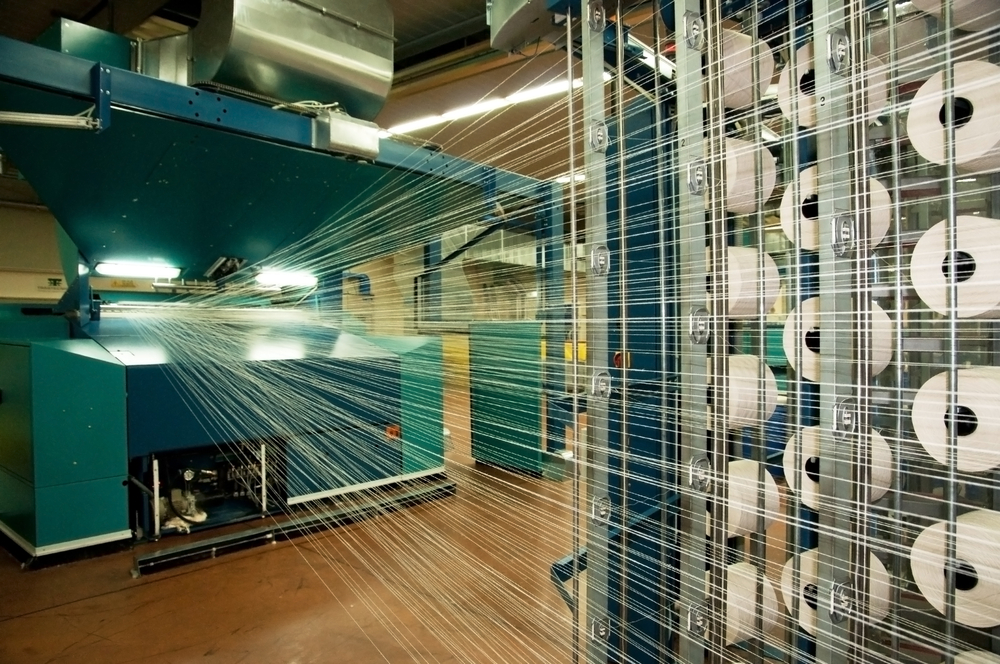Recently, Amazon was granted a patent to produce clothing only after a customer has purchased it. The idea to manufacture the clothing on-demand is to have computer systems coordinate the print, cut and style of a piece of clothing before sending the fabric on to different equipment to be fully manufactured and shipped out. Industrial manufacturing has been practicing a form of this for quite some time through just-in-time and lean manufacturing, for example, but it’s new to the consumer space. As it’s still in the patent phase, this idea doesn’t delve into how long the process might take or what sort of inventory savings there will be for Amazon as a result. It did, however, get us thinking about what other kind of goods could eventually be produced on-demand if Amazon’s clothing plan takes off.
Furniture
We’re already seeing some of this in made-to-order furniture companies such as Joybird, but companies like that only produce a particular style of furniture that takes weeks to assemble, upholster and ship. What if the process was applied (with customization options) to simpler furniture such as desks, tables and shelves? Manufacturers wouldn’t need to keep precut pieces in stock as everything could be cut to size and shape after ordering. That would likely reduce the space needed to store raw materials. This could be a hit for modern office space where companies are trying to shy away from the traditional office setting of cubicles and standard conference rooms.
Home Goods
This could be especially successful for textile products such as throw blankets, bath mats, area rugs, tapestries and curtains. Facilities would be able to keep large bolts of fabric and finishing materials to save on inventory space and likely automate most of the fabric cutting to keep production times low. It would be extra attractive for anyone working with an untraditional space as far as dimensions are concerned (e.g. long hallways, vaulted ceilings, wide-open floor plans).
Accessories
Building off the clothing industry, accessories such as caps, bags, or shoes could be produced on-demand. Companies already offer customization options for most accessories, but it’s restricted to colors and patterns. The practice could extend to sizing and shape, should someone need a particular sole on their shoe or have an uncommon hat size. We could see this expanding into clothing accessories for those with physical differences due to surgery or disabilities.
On-demand is permeating the current consumer market with more and more customization becoming available every year. What sort of on-demand products do you think will come next if Amazon’s clothing patent becomes a reality? Share your thoughts in the comments section below and be sure to visit www.gesrepair.com or call us at 1-877-249-1701 to learn more about our services. We’re proud to offer Surplus, Complete Repair and Maintenance on all types of Industrial Electronics, Servo Motors, AC and DC Motors, Hydraulics and Pneumatics. Please subscribe to our YouTube page and Like Us on Facebook! Thank you!
